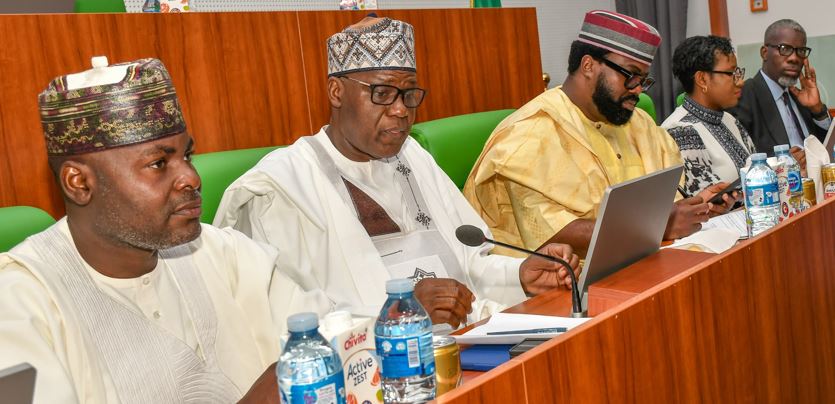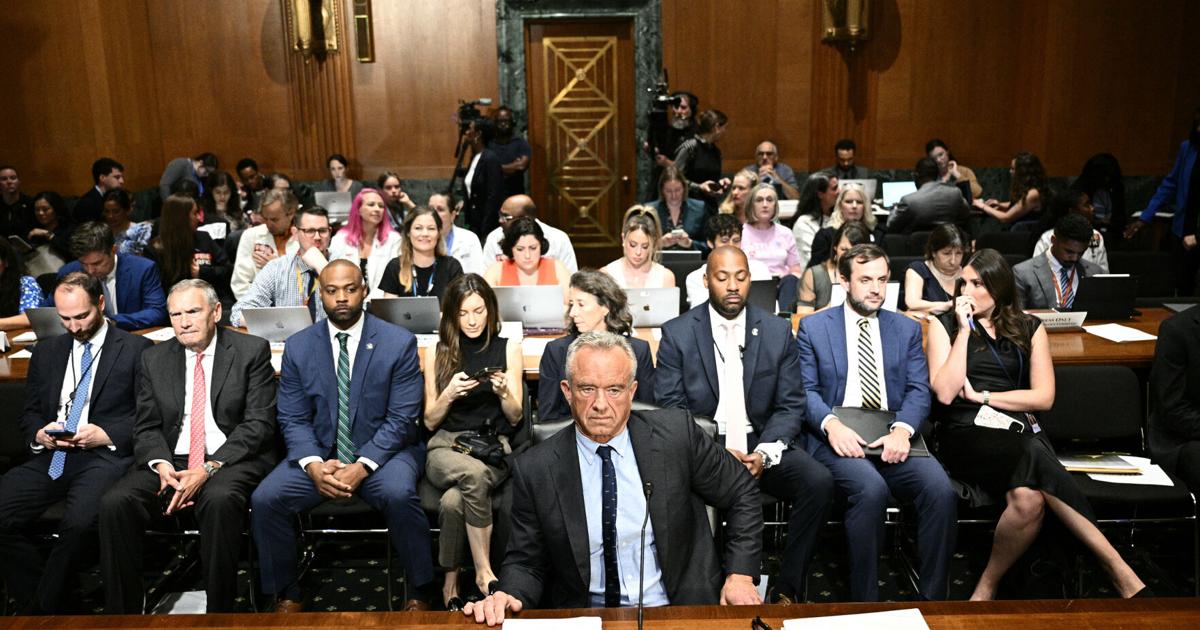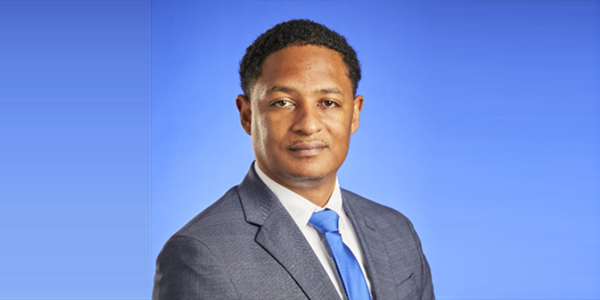By Torkwase Nyiekaa
Copyright independent

ABUJA – Former Speaker of the House of Representatives, Right Honourable Yakubu Dogara, has lauded President Bola Ahmed Tinubu’s sweeping tax reforms, describing them as the boldest fiscal restructuring Nigeria has seen in decades. He, however, cautioned that the success of the initiative will hinge on transparency, accountability, and consistency in execution to close the country’s trust deficit.
Dogara made the observation on Tuesday at the National Assembly Complex, Abuja, while delivering the maiden Distinguished Parliamentarian Lecture hosted by the House of Representatives Press Corps.
The lecture, themed “Navigating Tax Reform in Nigeria: Insights on President Tinubu’s Policies,” examined the roots, scope, and likely effects of the fiscal reforms contained in the Nigeria Tax Act (NTA) 2025 and other related statutes.
According to Dogara, Tinubu inherited a fragile economy battered by what he called “economic wreckage”—including reckless deficit financing via Ways and Means, a dual exchange rate that favored a privileged few, and crude oil forward sales tied to foreign loans.
“By the time President Tinubu assumed office, ₦22.7 trillion had been printed and poured into the economy, eroding the naira’s value. Selected individuals were pocketing hundreds of millions through forex allocations without generating any value,” he lamented, noting that drastic corrective measures became unavoidable.
He explained that the reforms consolidate 16 federal tax laws into four principal statutes: the Nigeria Tax Act (NTA) 2025, the Nigeria Tax Administration Act (NTAA) 2025, the Nigeria Revenue Service (Establishment) Act (NRSEA) 2025, and the Joint Revenue Board (Establishment) Act (JRBEA) 2025. Collectively, they streamline Nigeria’s tax structure, expand coverage to digital services and crypto assets, empower a new national revenue agency, and harmonize federal and state tax operations.
Set for full rollout in January 2026, the reforms are designed to simplify compliance, broaden the tax base, and align Nigeria’s fiscal framework with global standards. Quoting the recommendations of the Presidential Committee on Fiscal Policy and Tax Reforms chaired by Prof. Taiwo Oyedele, Dogara said the measures were tailored to protect vulnerable groups, strengthen businesses, and promote equity.
Among the reliefs outlined are tax exemptions for small businesses with annual turnover of ₦100 million or less, rent deductions for salaried workers, credits for upstream oil operators, and complete income tax waivers for individuals earning ₦800,000 or below yearly. On the much-debated 5% fuel surcharge, Dogara clarified that it was not a fresh tax but a provision retained from the 2007 FERMA Act, stressing that it excludes household fuels such as kerosene, LPG, and CNG, and will only take effect after a ministerial gazette.
Despite endorsing the reforms, Dogara pointed to practical hurdles, such as manpower gaps, compliance costs, interpretational challenges, and the heavy reliance on digitalisation. “The adoption of e-invoicing and automated filing will drive efficiency but demands massive upgrades in digital infrastructure and stronger cyber security systems,” he warned, urging firms to modernize processes and invest in training.
He emphasised that real success will come from restoring citizens’ faith in governance. “Tax reform is not about increasing rates, but about increasing trust. When people can trace their taxes to infrastructure, hospitals, schools, and industries, they are far more willing to contribute,” he said, adding that effective implementation could secure Tinubu’s place in history as “Nigeria’s most consequential economic reformer.”
The lecture also drew endorsements from several stakeholders. Speaker of the House, Rt. Hon. Tajudeen Abbas—represented by House Spokesman Hon. Akin Rotimi Jnr.—described the reforms as one of the most impactful policy interventions of the Fourth Republic.
The Federal Inland Revenue Service (FIRS), represented by Mr. Olufemi Olarinde on behalf of Chairman Dr. Zacch Adedeji, pledged continued collaboration with the media and urged journalists to master the reform details for accurate reporting.
Civil society also weighed in, with Executive Director of CISLAC, Auwal Musa Rafsanjani, stressing fairness, gender sensitivity, and non-selective enforcement. Hon. Jafaru Leko described the initiative as a fair balance between revenue drive and equity, while NUJ FCT Chairperson, Comrade Grace Ike, insisted that reforms must yield tangible improvements in citizens’ welfare, with the press playing a central role in promoting trust.
Chairman of the House Press Corps, Gboyega Onadiran, and Organising Committee Chair, Philip Nyiam, explained that the Distinguished Parliamentarian Lecture was created to bridge the gap between parliament and the people, unpack complex issues, and promote accountability. Both hailed Dogara for offering valuable insights that enriched the national debate on fiscal policy and governance.



